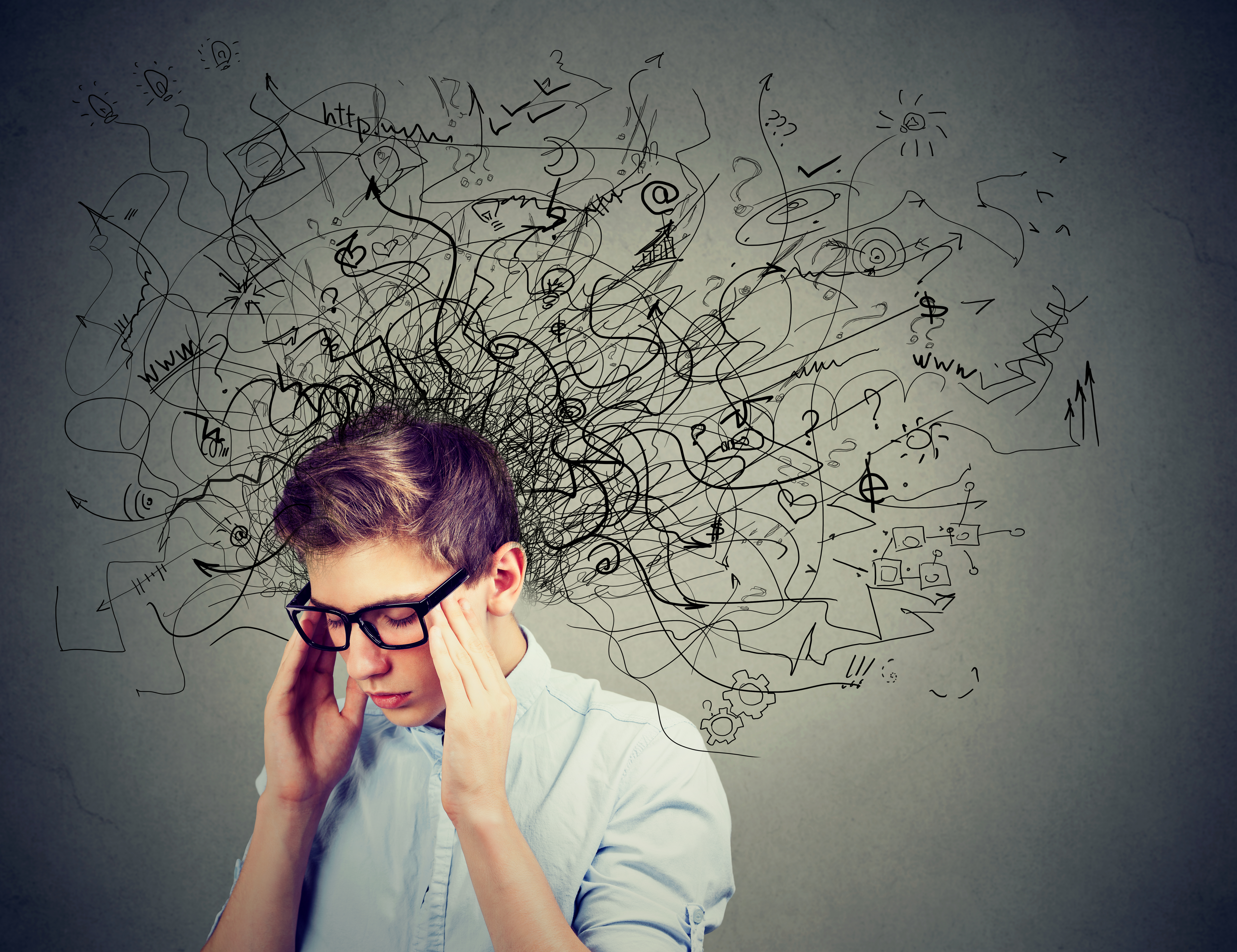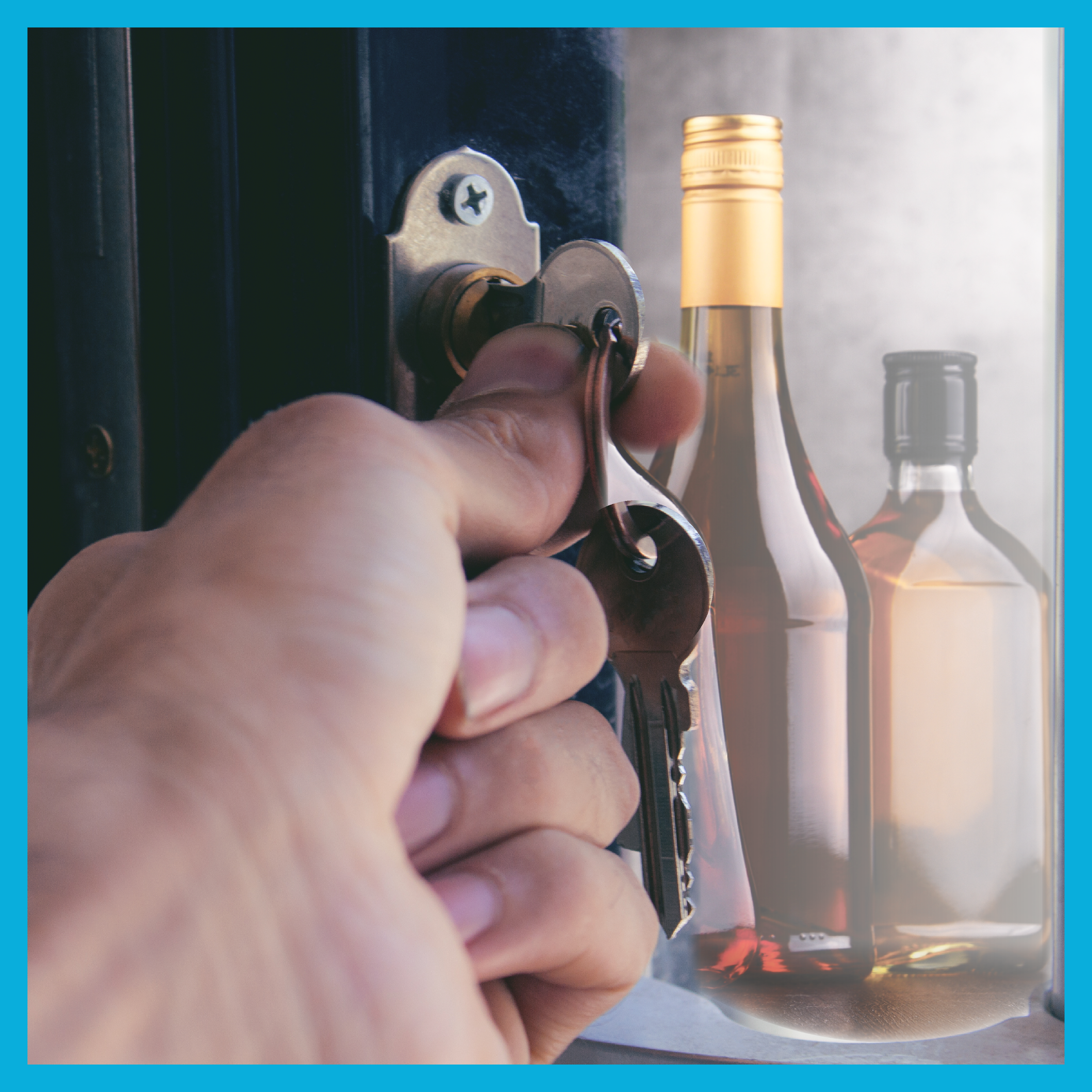Effects of Alcohol on Teens: Physical, Mental, and Emotional

Teens are hard-wired to push parental boundaries. Many believe that sneaking an alcoholic drink with their friends is no big deal. About 10 percent of 12-year-olds say they have tried alcohol, and by age 15 the number jumps to 50 percent! What teens and parents may not know is that the effects of alcohol on teens are more harmful than to adults because kids’ brains are still developing until about age 25.
How Alcohol Changes the Teenage Brain
Alcohol is a depressant and slows the function of the central nervous system. This can be particularly dangerous for underage drinkers due to the effects of alcohol on the teenage brain. Teens tend to not feel the negative effects of alcohol as much as adults. This could make teens more likely to binge drink (four to five or more drinks at a time).
More effects of teenage drinking on the brain:
- Alcohol slows down brain activity, and the negative effect of alcohol lasts far longer in a teenagers’ brain than in an adult’s — up to two weeks!
- Even low levels of alcohol can affect the part of the teenage brain that controls judgment, behavior, and impulse control.
- Kids who begin drinking before age 15 have a 40 percent chance their brains will be “wired” for alcoholism.
Some of the most serious alcohol-related brain damage can affect learning and memory. Tests have shown that people who start drinking alcohol as teens have problems as adults doing simple tasks like reading a map or assembling projects. Beyond physical changes, the effects of alcohol on teens can cause changes in their psychological health.
Mental and Emotional Consequences of Alcohol on Teens
Teens who experiment with alcohol may drink to hide their anxiety about something difficult that’s going on in their lives. But regular drinking can be a slippery slope. While alcohol can reduce anxiety temporarily, it can also increase anxiety within just a few hours of consumption. This includes even moderate amounts of alcohol, and the effects on anxiety can last into the following day.
Psychological Risks of Underage Drinking:
- Teens who use alcohol are at a higher risk of developing mental health problems such as depression, suicide, and psychosis as adults.
- Among 12- to 17-year-olds who were current drinkers, 31 percent exhibited extreme levels of psychological distress, and 39 percent exhibited serious behavioral problems.
- Teens who drink are more likely to have poor impulse control, which could lead to risky sexual behavior or episodes of violence.
The effects of teenage drinking on the body can also lead to other forms of substance abuse. Underage drinkers are 22 times more likely to use marijuana and 50 times more likely to use cocaine.
How to Spot the Signs of Teen Alcohol Misuse
Teen drinking is a serious issue because the teenage years mark a critical period in the brain’s development. Damage that occurs during this period may be permanent.
Warning Signs that Your Child May be Using Alcohol:
- Drop in grades or uncharacteristic problems in school
- Increasing rebelliousness
- Changes in mood, like irritability, depression, or anger
- Change in friend group
Certain behaviors are normal parts of growing up, but parents need to trust their instincts and stay informed about the effects of alcohol on teens. Sign up today for the Talk It Out NC newsletter and receive the latest tools and research to keep kids safe.
If you think your teen is using alcohol, start with avoiding blame and talking with or providing help for your child. If you need additional help, the Substance Abuse and Mental Health Services Administration’s (SAMHSA) Behavioral Health Treatment Services Locator is an interactive tool that lets you quickly locate substance abuse treatment providers in your local community.



